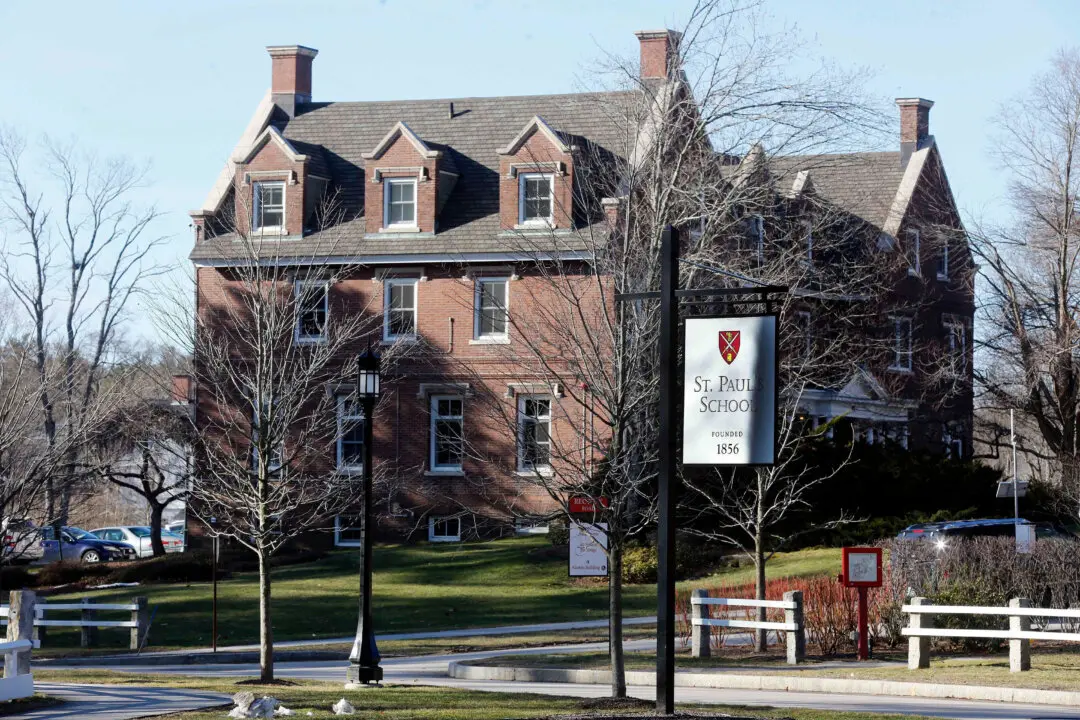PALMAS, Brazil—The creation story of the Cinta Larga people holds that they were born out of the fruit of the Brazil nut tree.
Now they are betting that the mighty tree could be the key to their very future in the Amazon rain forest.
A project sponsored by international donors has helped the Cinta Larga and other indigenous people from Brazil’s Mato Grosso state monetize the towering centenary trees by turning their nuts, which normally plummet to the forest floor and rot, into cash.
Since it started last year, the Sentinels of the Forest program has boosted the tribes’ incomes 50 percent, said Daeit Akata Kaban, leader of the Cinta Larga. That’s given the group of about 1,700 people renewed incentive to protect their roughly 80,000 hectares (2 million acres) of ancestral forest from loggers, ranchers and poachers pressing in on all sides.
“It has completely changed our lives,” Kaban said at the group’s stand at the World Indigenous Games, a celebration of cultures from around the world wrapping up this weekend in Palmas.
The project was the brainchild of Paulo Cesar Nunes, an agronomist whose family moved from Sao Paulo to the forest state of Rondonia on Brazil’s western frontier to harvest Brazil nuts. Growing up, Nunes witnessed the catastrophic results of a government project to resettle landless farmers in Rondonia, which led to nearly wholesale clear-cutting in the state.
Nunes believes the Brazil nut can help prevent a similar fate for neighboring Mato Grosso, which is in the sights of big agricultural interests as a frontier for soy, cotton, corn and cattle.
Securing $1.25 million from the Fundo Amazonas, a fund of international donors that is administered by the Brazilian government’s national development bank, he set up a Brazil nut cooperative in Juruena, a town roughly halfway between the Cinta Larga’s reserve and another where the Cayabi, Apiaka and Munduruku peoples live.
Brazil nut trees dot the region, and the melon-sized shells containing the nuts naturally tumble to the forest floor during the rainy season, meaning harvesters just have to pick up the shells. But the oily nuts’ susceptibility to fungus, bacteria and insects make getting them to market before they rot tricky.





